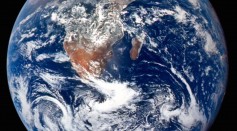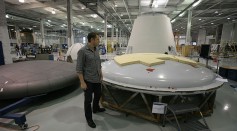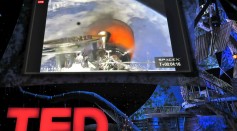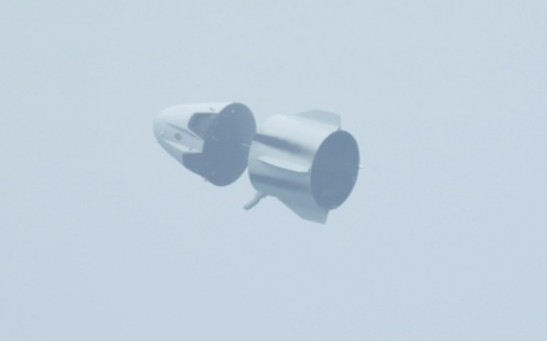Elon Musk
SpaceX Tests Escape System on Dragon Capsule
SpaceX Preps for Test of Dragon Capsule
Changing the Solar Power Industry—Tesla’s New Powerwall Packs a Powerful Punch
Musk Explains Rocket Landing Failure
SpaceX Stage 1 Failed, But What Will Still Make It To the International Space Station?
Tesla Motors Set to Launch Self Driving Cars This Summer
SpaceX Launches Two New Electric Satellites

SpaceX Rocket to Launch Dscovr Satellite Tonight

Elon Musk Continues to Dream Big with Idea for Space Internet

The Truth Behind AI, and Why Elon Musk is Donating Millions To Protect Humanity from Robot Invasion

Mars One Headquarters Planned for Seattle

Off With a Boom, and Back with a Crash — SpaceX Mission

SpaceX—Elon Musk Tries to Change Spaceflight Forever
Most Popular

How Technology Is Changing the Real Estate Industry?

How a Plant-Based Diet Can Protect Against Breast Cancer: Insights from Nutrition Research

Study Reveals High Turnover in Scientific Research Careers: What This Means for Future Scientists

Why It's So Difficult to Lose Weight: The Biological Explanation Behind Obesity






